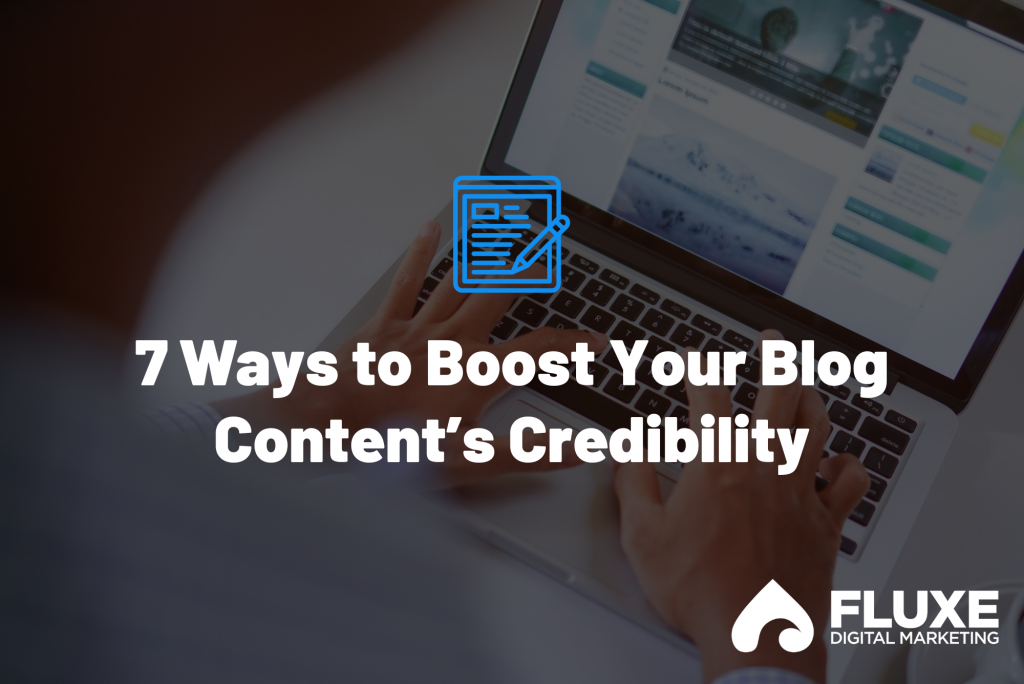If you own a service based business and have a website, you’ve probably had this question before. You want to generate leads through your website but there’s one little problem… Your analytics look like a ghost town (Insert tumble weeds).
So how do you drive qualified prospects to your website? SEO and PPC are the two most popular ways and in this post I break ’em both down. I define each and give you some guidance on which situations you should use each of them in.
Before even considering using SEO or PPC to market your website, you MUST have a clear definition of what your website accomplishes. What action do you want your visitors to take? Call you? Buy something? Sign up for an email? Whatever it is, if your site isn’t built to lead visitors to that end goal, you’re throwing money away.
SEO Defined
SEO helps improve a website’s organic search rankings for relevant keywords. Good SEO should make a website better for both users and search engines (in that order). Search engines like Google, judge websites by a variety of factors to determine which websites are the most relevant for each search query.
PPC Defined
Pay Per Click (PPC) is advertising in search engines based off keywords you buy. The higher you want to rank for a keyword, the more you need to pay for it. PPC ads are sold on a Cost per Click (CPC) model or a Cost per 1000 impressions (CPM) model.

When to use PPC:
- When you need results fast – PPC advertising campaigns allow you to start attracting visitors to your site as soon as your ads are approved. After approval, which usually takes less than a day, you ads will be served to people who search the terms you bought.
- During big marketing campaigns – Because PPC ads are instant, they are a good idea if you are executing a large marketing campaign and need immediate, added exposure.
- When you need to segment by demographic – PPC advertising allows users to segment their target audience not only by keyword term but by geography and other demographics. This is especially helpful for niche marketing campaigns that focus on a very specialized demographic.
Bottom line: PPC works best as a supplemental marketing strategy and is good for targeted campaigns. But if you aren’t improving your site and PPC is your only strategy, you can expect to see diminishing returns quickly.
When to use SEO
- When you want a long-term solution that builds on itself – In search engine optimization, the keywords that you optimize for will continue to attract organic traffic and build authority for your website. In PPC you need to constantly pay for the keywords you want to get traffic from. Once you take away the money away from a PPC campaign, you’ll be invisible to the search engines.
- When you want to build your website’s brand and authority – If SEO is done correctly, you can expect to see consistent improvements to your site’s content and structure. On-site SEO will not only attract more visitors from the search engines but improve their experience while on your site. This means you’ll attract more prospects and convert more prospects compared to PPC where your only attracting more prospects.
- When you want a steady stream of relevant traffic. – Optimizing your website for specific keywords will take a little longer than a PPC campaign but once your ranked for a keyword and continue to nurture it you’ll see a steady flow of incoming traffic to your site for that keyword. The cost of PPC keywords are constantly changing and it’s extremely competitive. Though SEO is also competitive, it’s not dependent on bid prices like PPC but is dependent on the value you’re providing to users.
Bottom line: SEO not only attracts prospects but keeps them there and converts them. It’s a long-term strategy and you won’t see results over night but your results will be more consistent and give you a much higher ROI over time.
Conclusion
These three tips will help you be successful with either strategy you choose:
- Take the time to understand the benefits of each. Don’t just hire an expert and forget about it, Make sure you understand what they’re doing and always ask why.
- Define exactly what you want you website to accomplish before you start either SEO or PPC.
- Measure Measure Measure! Request monthly reports and take time at the beginning to figure out what they mean and how your marketing is performing.


